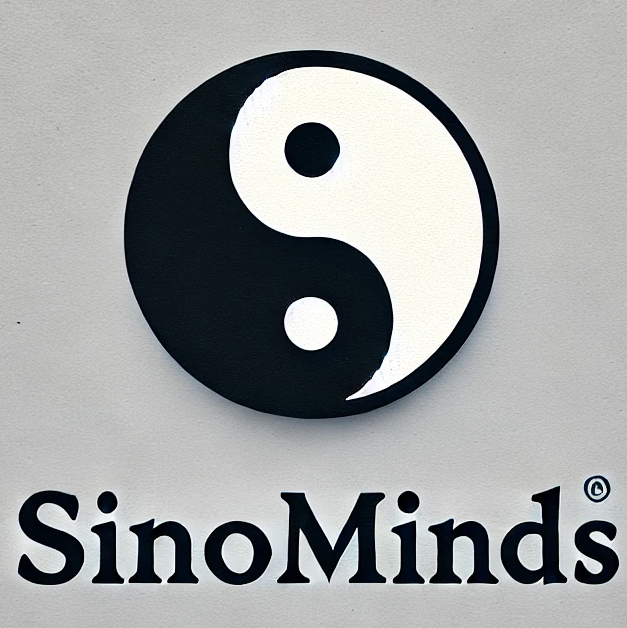WTO and Environment-Friendly Technology Transfer to LDCs

Developed Country Members’ Commitments (and Deeds) under TRIPS Article 66.2 in an Era of Global Warming
Climate action efforts have their ups and downs and fluctuate like the phases of the moon. Now, they seem to be entering a waning phase. Despite rising global temperatures and intensifying extreme weather events, political willingness in powerful countries appears to decline and climate finance drain. Rich countries may see higher electricity bills, but the consequences for poorer, vulnerable regions will be far more complicated.
As developing countries struggle to secure climate finance commitments or renew existing ones, one particular article under the WTO Agreement on Trade-Related Aspects of Intellectual Property Rights (TRIPS Agreement) deserves attention. It mandates developed country Members to incentivize technology transfer to least-developed countries (LDCs). The full text of Article 66.2 of the TRIPS Agreement reads:
"Developed country Members shall provide incentives to enterprises and institutions in their territories for the purpose of promoting and encouraging technology transfer to least-developed country Members in order to enable them to create a sound and viable technological base."
Could, in the wildest imagination, Article 66.2 of the TRIPS Agreement serve as a legal basis for financing climate actions in vulnerable regions through transferring much-needed climate-related technology?
Into the Barren Land
Creating a sound technological base in LDCs is the purpose of incentivized technology transfer. But what does "technological base" mean? It is a comprehensive concept that includes human capital, infrastructure, and regulatory environment that enable the good use and development of technologies in LDCs. So why do developed country Members bother to include such an altruistic commitment?
The recipients of such incentives are enterprises and institutions within the territories of developed country Members. Through technology transfer, products, services, and influences also enter LDCs.
Although the quality of technologies or forms of transfers might be compromised due to the low level of IP protection in the destination, access to technologies will undoubtedly benefit the poorest. Among these technologies, climate-related ones help lower the green premium and serve as silver linings—if not a panacea—for surviving climate change.
Reports by developed country Members to the WTO provide a window to peek at their actions taken or planned to fulfill their commitments under Article 66.2 of the TRIPS Agreement. These reports documented technology transfer projects, many of which are climate-related, and each tells a story of how rich countries help poor ones in climate action.
Building Agricultural resilience
Irrigation is essential to tackle rising temperatures and uncertain rainfall patterns. South Asian farmers rely on groundwater for agricultural irrigation but its usage is energy-consuming, resource-inefficient, and carbon-intensive. The Solar irrigation for Agriculture Resilience (SoLAR) project by Switzerland is exactly designed to solve this problem by promoting solar irrigation as a water-energy solution using Swiss innovation. Northwest Bangladesh, Gujarat state in India, Tarai provinces of Nepal, and Punjab Province in Pakistan are among the target groups to benefit from solar irrigation pumps, training, and innovation grants. The project started in August 2018 and ends in May 2025 with a budget of CHF 5,570,000—CHF 5,398,250 disbursed to date.
Agricultural production is another concern in the era of global warming. In Sudan, wheat, a vital strategic crop, sees its production lags far behind consumption. Heat, drought, and other climatic stressors weaken wheat production and deepen Sudan’s dependence on imports, sliding the country further into food insecurity. A project reported by Japan is exactly planned to increase wheat production against extreme weather. The Project for Development of Climate Change Resilient Innovative Technologies for Sustainable Wheat Production in Dry and Heat Prone Agro-ecologies of Sudan and Sub-Saharan Africa, despite its long name, has a simple purpose: to develop heat-tolerant, water-deficit-resistant and nutrient-use-efficient wheat lines using molecular breeding technologies. The project was carried out from April 2019 to March 2024, although the specific amount of capital devoted to it is not detailed.
Other African countries facing similar challenges are also receiving help. The Gambia and Senegal are benefiting from the European Union’s project regarding agro-ecological strategies for resilient farming in West Africa since January 2023. This ongoing project will introduce innovative approaches targeting, among other things, high-quality seed production. It will focus on saline soil reclamation through phytoremediation and soil fertility, water and crop management practices. It is reassuring and inspiring to see how developed country Members are sharing life-saving knowledge and technology with vulnerable countries. 🌍

